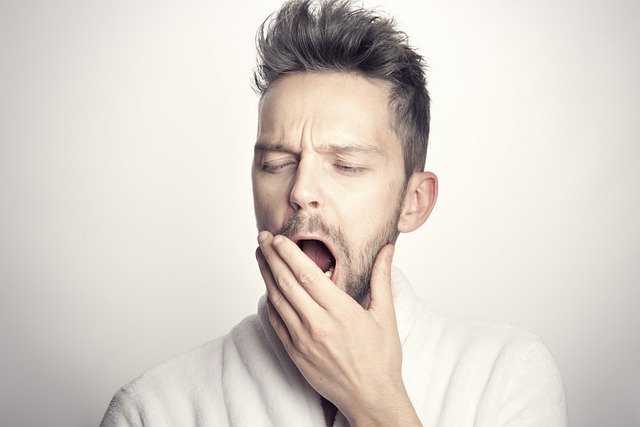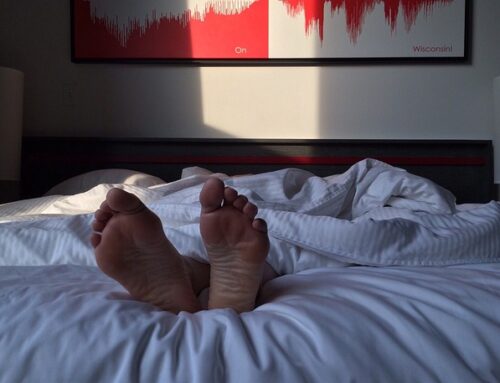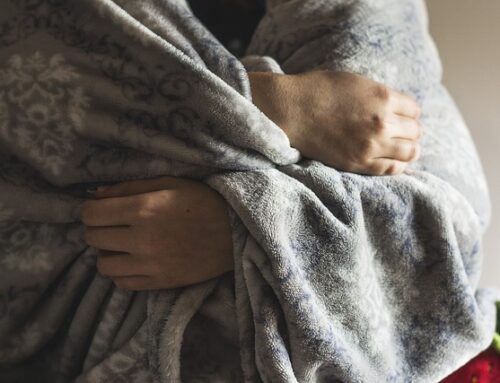We are living in unprecedented times. From mask wearing to physical distancing and the shutdown of our normal daily lives. On top of having to deal with the COVID-19 pandemic, we now found ourselves missing out on sleep. The news can be anxiety-inducing because COVID-19 dominates the headlines. It is understandable that the thoughts of the pandemic and how the world will overcome this keeps you up at night. The pandemic has heightened stress and damaged sleep, leading to what experts now call, “coronasomnia.”
As we all learn to grapple with this ongoing pandemic, there are some tips you can share with your patients to help combat coronasomnia.
Create and stick to a routine
Having a regular schedule and sticking to a regular wake up time is key. Just because many people are working from home, it doesn’t mean routine and schedule should go out the window. It just means we have to try harder to stick to a routine and maintain a normal life even though we are in the middle of a pandemic.
It is important that everyone wakes up at the same time every morning because it helps to stabilize circadian rhythm. When we get up at the same time every day, and avoid taking a nap, it can help everyone be more tired at night and get back on track that evening with sleep.
Find time to wind down
Before bed, maybe 30 minutes to an hour prior, find time to wind down. This means relaxing in a room that is not the bedroom. Dim the lights, engage in non-stimulating activity like watching reruns of a favorite show or reading a book. Do not read or watch the news during this time. It will only heighten stress and anxiety, interrupting sleep further.
You can also try deep breathing exercises or yoga to unwind and relax before heading to bed. A guided meditation or relaxation app like Headspace might help with that too.
Minimize use of electronics
About an hour before heading to bed, recommend avoiding electronics. We all are drawn to mindlessly scrolling through our phones or watching Netflix as we lay in bed. However, evidence shows that the blue light from electronics can actually negatively impact circadian rhythm too. In turn, it keeps us up when we are supposed to be tired.
It is best to find an activity at night that can help you relax rather than stimulating your mind. Try sticking to reading or some sort of calming activity and keep the electronics off.
Create an ideal sleeping environment
When getting your room ready for bed, try to keep it dark with a temperature between 65 and 70 degrees. These are often the perfect sleeping conditions. When a room is on the cooler side, it tends to be ideal for restful sleep.
Keep in mind though, if you shower or take a bath before bed, skip the scolding hot temperatures. When you take a really hot bath or shower before bed, it can increase your core body temperature and make it hard to sleep.
Are there any other tips you can think of that would help improve the sleeping patterns of our patients and reduce coronasomnia during these difficult times? It is also important to observe your patients and pay attention to any signs of sleep apnea. That can also lead to further sleep complications.





